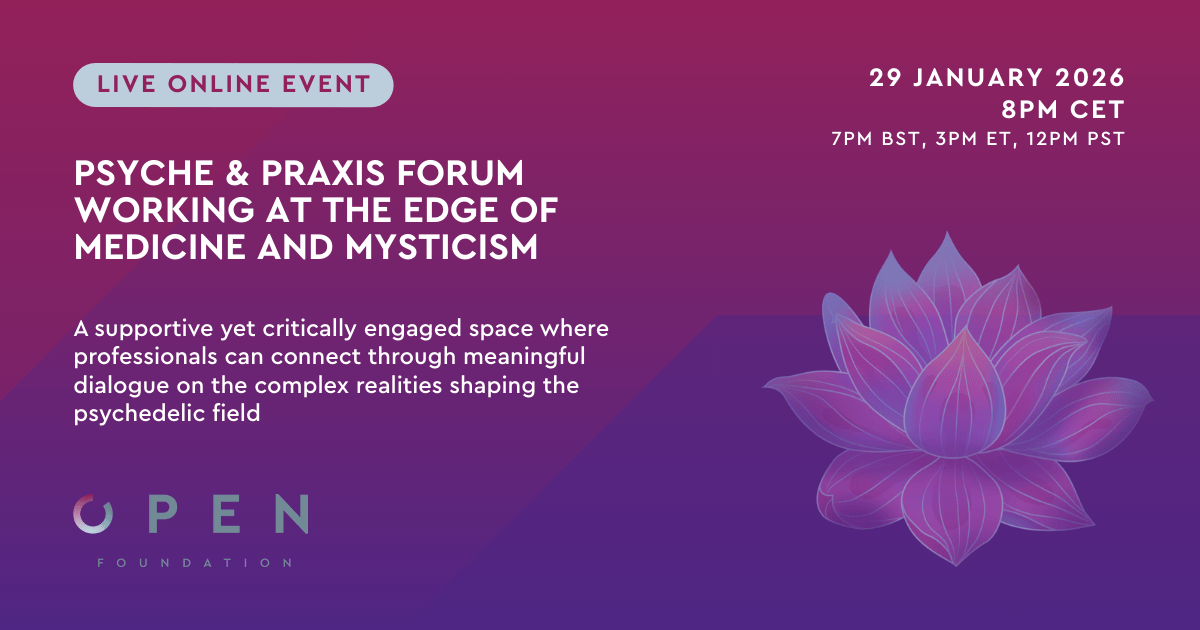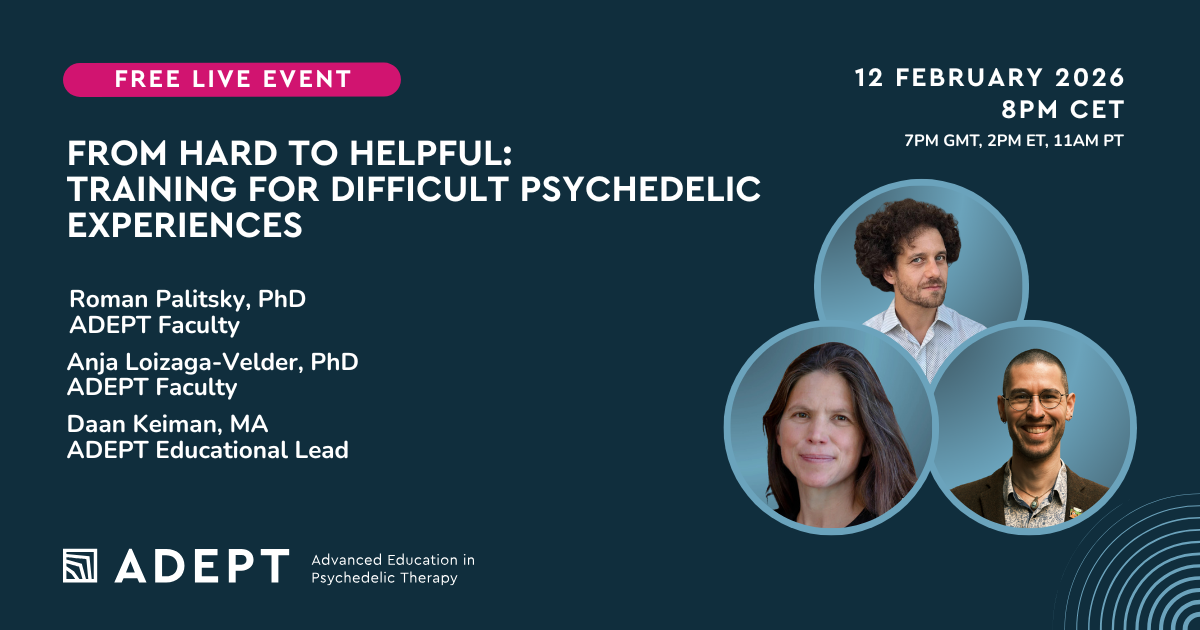Abstract
Ayahuasca, a hallucinogenic plant brew from the Amazon basin used as part of healing ceremonies by the region’s indigenous people for centuries, is now consumed by growing numbers of people throughout the world. Ayahuasca consumption has moved from strictly being part of indigenous shamanic healing ceremonies, to being a key component of the Brazilian syncretic churches formed in the last century, to most recently being part of ‘‘New Age’’ rituals conducted throughout the Western world. The discovery of ayahuasca by the Westerners, has resulted in a growing body of research suggesting that participants who take part in ayahuasca ceremonies experience significant spiritual and psychotherapeutic effects. Along with these potential benefits, however, the adoption of indigenous practices into Western cultures brings simultaneous challenges. As participation in ayahuasca ritual spreads into Western cultures, it becomes necessary to examine how to integrate these spiritual healing rituals into contemporary Western concepts of psychological health and ethical conduct.
Trichter, S. (2010). Ayahuasca Beyond the Amazon: the Benefits and Risks of a Spreading Tradition. The Journal of Transpersonal Psychology, 42(2), 131-148.
Download pdf











